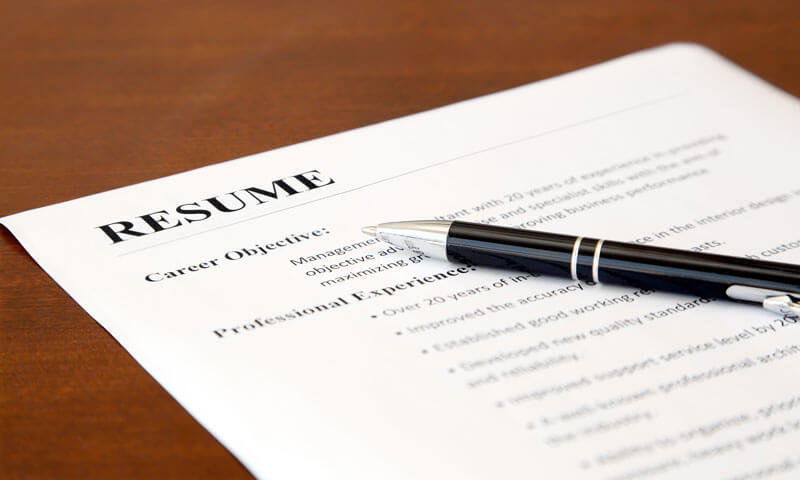Summary:Are you having a hard time losing the weight or keeping it off? Follow these 5 tips that will make the difference between success and failure.
You’re walking through the grocery store, trying to decide which bunch of bananas are the perfect bunch for you that week when you hear someone walk up to you and say your name. You do a double take and realize it’s that guy you worked with last year [or insert whomever here] but you barely recognized him because he’s dropped at least 40 pounds and looks like one of those athletic “outdoorsy” types now. After you wipe the shock off your face, make small chit chat and then move on completely forgetting to even pick up bananas, you ask yourself: how in the world did he manage to lose all that weight when I either don’t or put it right back on?
First and foremost, it’s important not to compare yourself to other people (yes, I can feel you rolling your eyes right now) because everyone is biologically different and has different reasons for the way their bodies look and function. Reasons include genetics, nutrition, stress, age, gender, mental health, and daily activity level. However, if weight loss would be healthy for you but it doesn’t happen no matter what changes you make or trendy diets you try (or you lose the weight and then put it right back on), then you should take into consideration these five vital differences that exist between weight loss success and weight loss failure.
- Know your why. Changing your health, eating and fitness habits can be incredibly difficult. There will be times when you just want to give up, especially if you’re not seeing the results that you wanted or if you’re going through a stressful life event. During these times, you have to look back at why you began in the first place. It can’t be simply wanting to look better or to lose 15 pounds, either. Come up with something that means a lot to you, like being around to see your kids get married, having the active lifestyle you’ve always wanted, feeling good in your skin, etc.
- Invest in your health. When something is important to you, you invest your time, money and energy. Investing in your health doesn’t mean you need to buy the newest trendy weight loss program or diet foods, it means that you need to spend money, over time, on the things that really matter. Think of it like investing in your retirement – you’re spending money now that you know will make a big difference in the long-run. Things you should be spending money on are hiring an in-person or online fitness coach that gets you and fits your needs, healthy foods, workout equipment and/or a gym membership (that you actually use), and visiting your doctor or even a nutritionist.
- Don’t “diet.” In the more common sense of the word, a diet is a plan for eating that someone follows to lose weight. In this context, it means that you eat a certain way until you either quit or lose the weight, but it’s not something you do for an extended period of time. If you actually want to become healthier in the long run, you have to focus on adjusting your nutrition in a way that you can sustain for your life rather than a few days. This allows you to avoid the restriction mentality as well as not go back to the ways of eating that affected your weight gain in the first place.
- Know that exercise is a gift. Many people, even fit people, can view exercise as a burden and something they have to do. Instead, flip the switch in your mind and realizethat exercise is something you get to do. Not only does it make the experience more positive, but it causes you to better appreciate your body and what you are becoming capable of. It also helps a great deal to find exercise that you enjoy and continually mix things up so you don’t get bored.
- Start small. If your goal is to lose 50 pounds and gain muscle, you can’t expect that to happen in just a month or two. If you pick too large of a goal to work towards, you’re more likely to give up since you don’t feel like you’re getting there. In addition, if you make big changes, you’ll be overwhelmed. Take your big goal and break it down into smaller, more manageable pieces that you can control. Make your goal things like working out four times a week and bringing lunch to work instead of eating out. Slowly build on these as your first goals become common habits.
















































